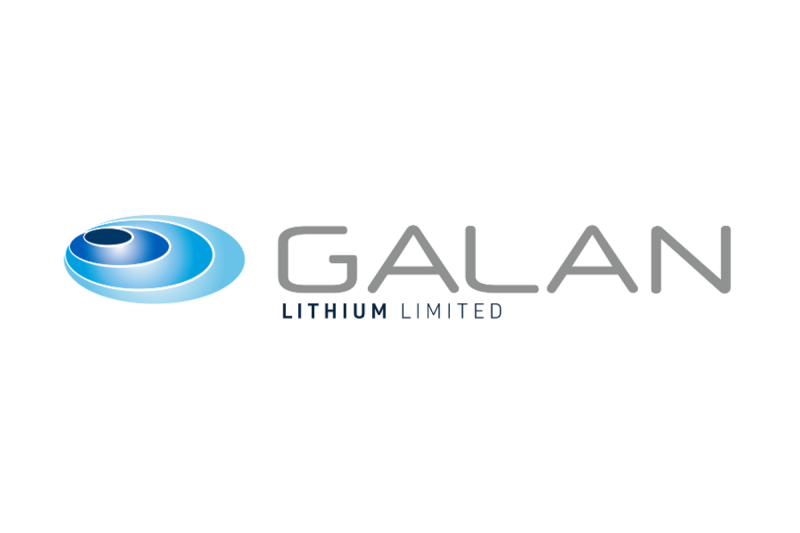In a digital age where crowdfunding has become a prevalent means for raising capital, the concept of market raises stands out as a traditional yet effective method for companies to secure funds for their ventures. Market raises, also known as public offerings or initial public offerings (IPOs), involve a company issuing shares of its stock to the general public for the first time. This process allows businesses to generate capital by selling ownership stakes in the company to investors.
The process of conducting a market raise involves careful planning and strategic decision-making. Before embarking on a market raise, companies must assess their financial needs and determine the optimal amount of capital to raise. This requires a thorough analysis of the company’s financial position, growth projections, and market conditions to set realistic fundraising goals.
One of the key benefits of a market raise is the potential to raise significant amounts of capital quickly. By offering shares to a broad base of investors, companies can raise substantial funds to fuel their growth initiatives, such as expanding operations, developing new products, or pursuing strategic acquisitions. Additionally, a successful market raise can enhance a company’s visibility and credibility in the market, attracting new customers, partners, and employees.
However, conducting a market raise also comes with its challenges and risks. Companies must navigate complex regulatory requirements and ensure compliance with securities laws to protect investors and maintain transparency. Additionally, the process of going public can entail significant costs, including legal fees, underwriting fees, and ongoing reporting and compliance expenses.
Furthermore, a market raise exposes companies to market volatility and investor sentiment, which can impact the pricing and success of the offering. Fluctuations in market conditions, economic uncertainty, or negative investor perception can affect the demand for the company’s shares and influence the outcome of the raise.
To mitigate risks and increase the likelihood of a successful market raise, companies should enlist the expertise of financial advisors, legal counsel, and underwriters to guide them through the process. By working with experienced professionals, companies can navigate the complexities of the capital markets, structure the offering effectively, and optimize the valuation of their shares to attract investors.
Ultimately, a market raise represents a milestone for companies seeking to access public capital markets and accelerate their growth trajectory. Through careful planning, strategic execution, and transparency, companies can leverage market raises as a valuable tool for raising capital, expanding their investor base, and positioning themselves for long-term success in the market.

